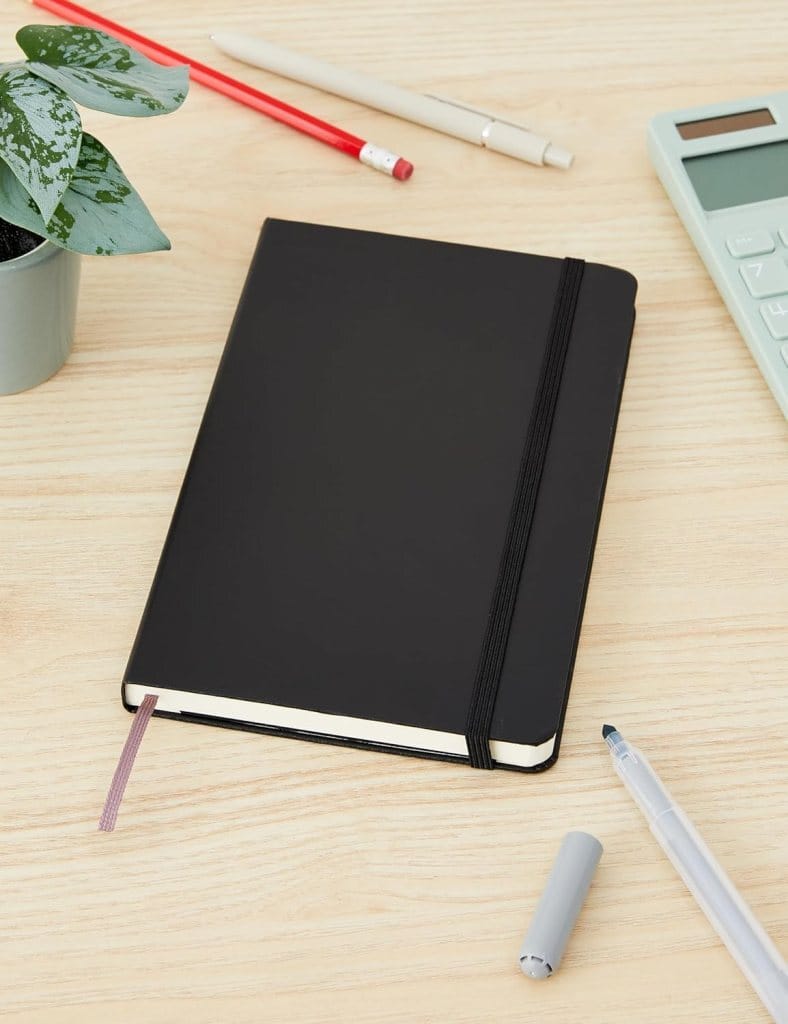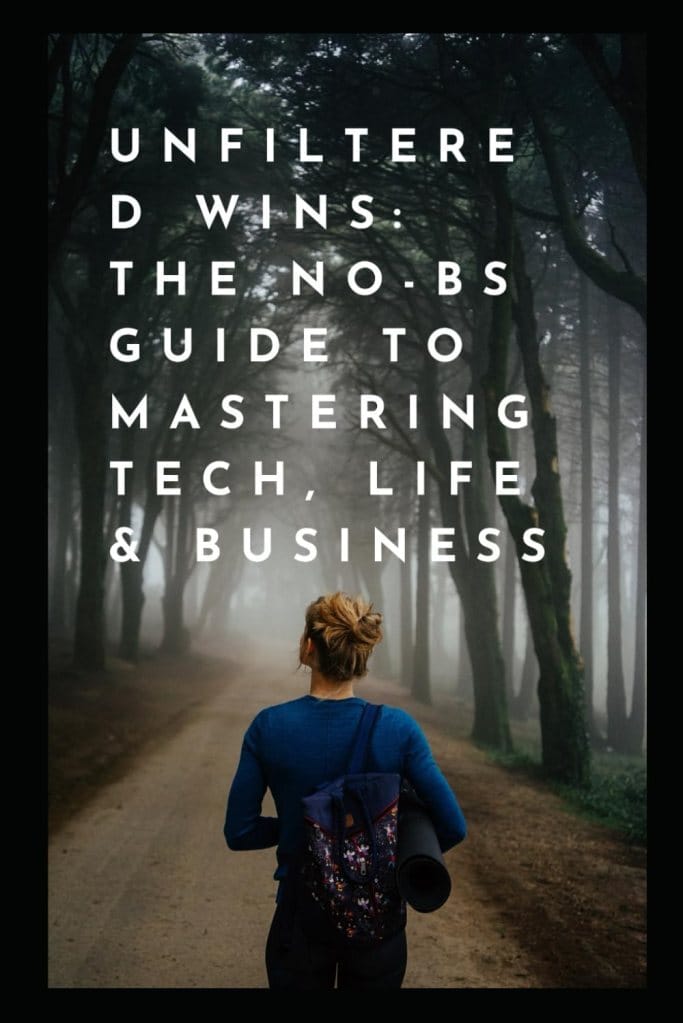- Ark's Newsletter
- Posts
- I Quit My Smartphone for a Year—The Superpower I Unlocked Will Blow Your Mind
I Quit My Smartphone for a Year—The Superpower I Unlocked Will Blow Your Mind
Breaking free from the constant scroll rewired my brain, deepened my focus, and gave me a power I didn’t know I had—here’s what I learned after 365 days offline.

The Superpower of Solitude: Rediscovering the Joy of Being Alone
In a world dominated by constant connectivity, the ability to enjoy solitude has become a rare and undervalued skill. Last year, I embarked on an experiment: I ditched my smartphone—or at least stripped it down to the bare essentials like Maps and Notes (no Angry Birds, despite what you might think). The experience was transformative, and I even made a video about it that many of you enjoyed. But today, I want to focus on one unexpected gift this experiment gave me: the rediscovery of the joy of being alone. Call it a superpower if you want a catchy title.

The Lost Art of Solitude
Solitude isn’t about loneliness or isolation, nor is it the epic, multi-generational saga of One Hundred Years of Solitude (my favorite book, though with fewer tragedies and just as many bananas in my version). It’s about feeling comfortable in your own company, letting your mind wander freely without the constant pull of notifications or apps. This wasn’t always a rare skill. Before smartphones became extensions of our hands, many of us were content spending time in our own heads. I rediscovered this ability when I lived alone in my first apartment—a dirt-cheap place above my favorite bar (great for vibes, less great for my health).
Living alone forced me to confront myself. The mess around me was my mess—no roommates to blame. I learned to enjoy my own company, whether through playing Portal (an excellent game) or simply sitting in quiet thought. Those moments of solitude taught me a lot about who I am and what I value. I believe that time alone made me a better partner and, eventually, a better husband. But when I got my first smartphone, I lost that skill. Suddenly, boredom was extinct. Waiting in line? Pull out the phone. Stuck somewhere? There’s an app for that. I thought this was revolutionary—until I realized how wrong I was.

The Smartphone Trap
Smartphones have undeniable benefits, but they’ve also pushed us into a mental health minefield. We’re so used to constant stimulation that we’ve forgotten the value of boredom. Before smartphones, boredom was just part of life. We had TV, sure, and the early internet, but there was still space for our minds to wander. Now, we’re conditioned to fill every spare moment with scrolling, streaming, or swiping. It’s no wonder we struggle to sit still with our thoughts.
Quitting my smartphone for a year reminded me of the freedom I felt in my early days of living alone. It wasn’t about rejecting technology (this isn’t an anti-smartphone rant). It’s about reclaiming the ability to be alone without feeling lonely. As my dog, Bunny, would probably agree—if she could stop itching for a moment—there’s value in spending time with your own thoughts.

Why Solitude Matters
So, why is sitting alone with your thoughts so powerful? For me, it boils down to two key benefits: creativity and mental health.
Creativity: The Birthplace of Ideas
When I need a new idea for a video, my first instinct is often to dive into the internet—reading news, scrolling comments, or watching what others are creating. But this approach often leaves me feeling uninspired, churning out ideas that feel stale or derivative. Instead, when I sit alone and let my mind wander, I come at ideas from fresh angles. I reflect on my experiences, observe the world around me, and let random thoughts collide. Some of my best, most original ideas have come from these quiet moments, not from endless online research.
Solitude also helps with decision-making. I’m a slow decision-maker by nature, often annoying others with my need to weigh every option. Sitting alone allows me to think through choices without pressure, exploring tangents and considering what I truly want. It’s less about rigid pros-and-cons lists and more about giving myself space to feel out the right path, like an Ent from Lord of the Rings taking a long time to say something worthwhile.
Mental Health: A Stress-Relief Tool
For mental health, solitude is a game-changer. At first, sitting with your thoughts might feel uncomfortable, especially if you’re used to constant distractions. But with practice, it becomes a powerful way to reduce stress and anxiety. When I’m alone, I can analyze what’s bothering me, often realizing I’m blowing things out of proportion or identifying small changes I can make to improve my life—like quitting my smartphone for a year or cutting back on coffee for a few months.
Journaling is another tool that complements solitude. I’ve tried many journaling apps, but my favorite is Day One (yes, they’re a sponsor, but I genuinely love it). It’s perfect for brain-dumping thoughts, especially when my mind is racing at night. The app’s daily prompts—like “What are three things that made you smile today?”—spark reflection, and I often end up writing far more than I expect. Whether it’s my daughter’s fart jokes or a funny banjo face, these small moments become treasures when written down. Day One’s premium version syncs across devices, making it easy to capture thoughts wherever I am. If you want to try it, visit day1app.com/weezy and use code “Weezy” for two months free.
Embracing Solitude in a Connected World
Not everyone finds solitude easy. For some, the idea of being alone with their thoughts is daunting. But it’s worth distinguishing between loneliness and solitude. You can feel lonely in a crowded city (like New York, as someone once told me) or perfectly content alone. Solitude is about choosing to be with yourself, not about isolation.
Historical thinkers knew the value of solitude. Blaise Pascal said, “All of humanity’s problems stem from man’s inability to sit quietly in a room alone.” Nikola Tesla believed, “Be alone, that is the secret of invention; be alone, that is when ideas are born.” Even They Might Be Giants got it right with their profound lyrics, “Leave me alone, leave me alone.” These quotes remind us that solitude isn’t just a luxury—it’s a necessity for creativity and clarity.
A Practical Suggestion: Do Nothing
If you’re trying to cut back on screen time, one of the biggest challenges is figuring out what to do instead. My suggestion? Do nothing. Literally. Think of it like an RPG where you’re resting at an inn, recharging your hit points and magic. Sitting alone with your thoughts has more value than you might realize. It’s not about becoming a hermit or shunning loved ones (I adore my wife and daughter, and they make my life richer). It’s about carving out moments to reconnect with yourself.
So, take a page from my book (not One Hundred Years of Solitude, but you get the idea). Put down the phone, find a quiet spot, and let your mind wander. You might be surprised at the ideas, insights, or peace you discover. As for me, I’m off to sit with my thoughts—maybe I’ll even ponder RPGs to avoid future metaphor mishaps. Thanks for reading, folks (or, as my wife would say, —folks”—language is regional).
